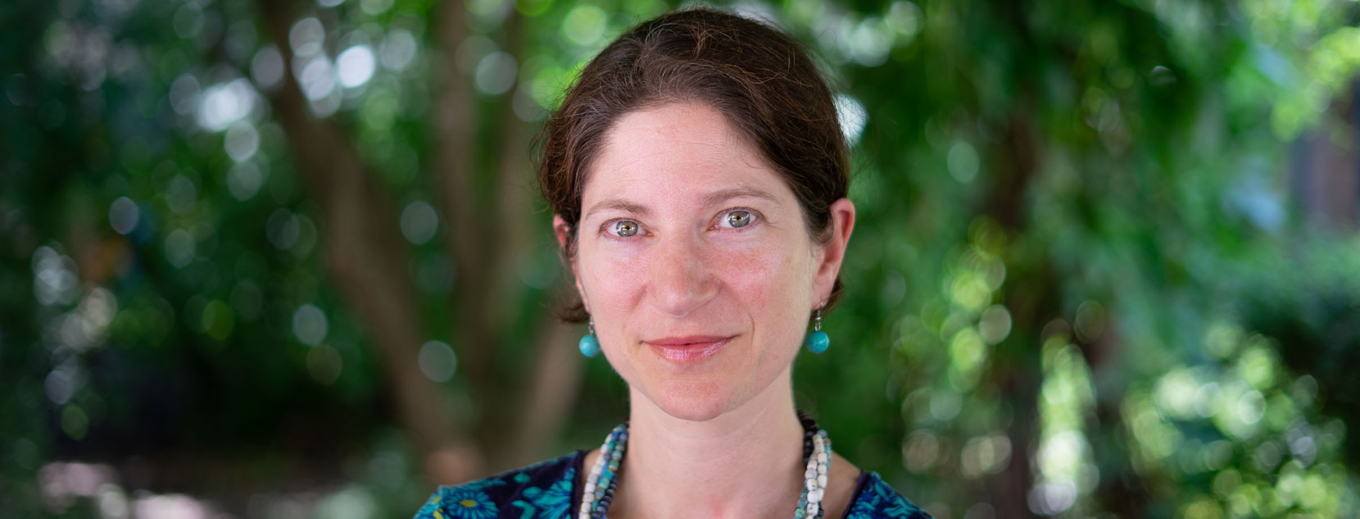REAL, co-led by Prof. Steinberger from the University of Lausanne, explores post-growth economic models for social well-being and environmental sustainability.
Across the globe, societies are facing mounting challenges including environmental degradation, widening inequalities and growing political instability. At the root of many of these interlinked crises lies an economic model based on continuous growth. While this model has contributed to increased material wealth, it has also led to the overuse of natural resources and deepened global disparities. An increasing number of researchers are questioning whether economic growth should continue to be the central objective and are exploring how economies might function differently.
The project “REAL – A Post-Growth Deal” (REAL) addresses this question directly. Running from 2023 to 2029, REAL is led by Professors Giorgos Kallis and Jason Hickel from the Autonomous University of Barcelona and Professor Julia Steinberger from the University of Lausanne (UNIL). The project investigates how societies in both the Global North and South can shift towards economic models that are not dependent on growth, while ensuring social well-being and respecting environmental limits. REAL responds to the need for scientific knowledge that goes beyond traditional growth-based approaches by developing new ways to address climate mitigation, reduce inequality and enhance democratic participation in economic decision-making. The research is structured around five Work Packages (WPs), or the 5 Ps of post-growth: Possibilities, Policies, Provisioning, Politics and Practice. These thematic areas explore what post-growth economies might look like in practice and how they can be brought about through social and political transformation. In REAL, Professor Steinberger leads the WP3 on Post-growth Provisioning, which examines how basic needs such as housing, transport, food and energy can be met sustainably and fairly. Democratic provision means asking how we bring citizens into economic decision-making “to allow us to become full citizens of democracies, not just political citizens but also economic citizens.”
Another key objective of the project is to create post-growth climate mitigation models that include North-South convergence to incorporate social justice and international fairness. The REAL team is working to show how future climate action can promote greater equality between the Global North and South, rather than reinforcing existing consumption and development imbalances. In this way, the project contributes directly to global climate policy debates, including those led by the Intergovernmental Panel on Climate Change (IPCC). As Professor Steinberger explains, “We need to develop alternative economic models and bring them into existence rapidly. These models must prioritise human wellbeing and environmental sustainability, without relying on growth.”
REAL is supported by the European Research Council (ERC) Synergy Grant scheme under Horizon Europe. The funding allows the project to engage not only in long-term research but also in active dialogue with decision-makers, institutions and civil society. “We were very transparent during our ERC application,” says Steinberger. “We said our goal is to develop the social science of the revolution.” Professor Steinberger leads a team of ten researchers from UNIL who work closely with 20 partners in Barcelona. The consortium has adopted a collaborative, community-based structure, fostering dialogue and knowledge exchange across disciplines and geographies. For Steinberger, the opportunity to work with a team of dedicated PhD students and postdoctoral researchers is one of the project’s most rewarding aspects. The interdisciplinary and international nature of the REAL project was made possible through strategic support from the University of Lausanne.
Looking ahead, the project aims to deliver a set of policy proposals known as Post-Growth Deals. These are designed to be applicable in different national and regional contexts, and to provide a practical basis for governments, political parties and civil society organisations to explore and implement post-growth approaches. By engaging with political movements and existing institutions, the project aims to move from research to action and support real policy change. The development of these proposals is ongoing and will remain a key focus throughout the project’s lifetime. Overall, REAL is not only about studying the transformation of economic systems, but also about supporting that transformation in the real world.

